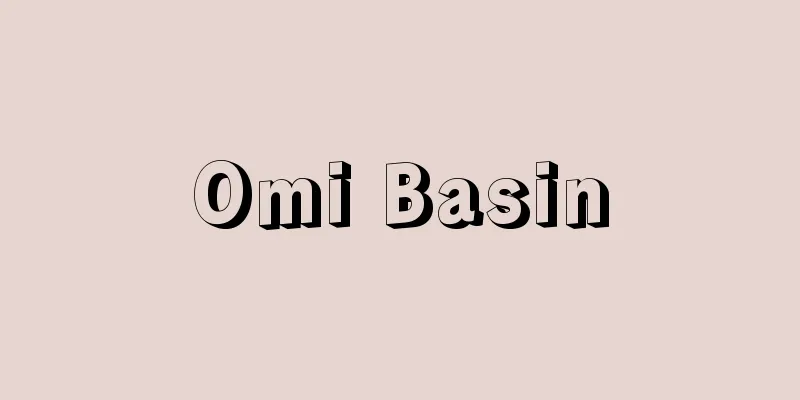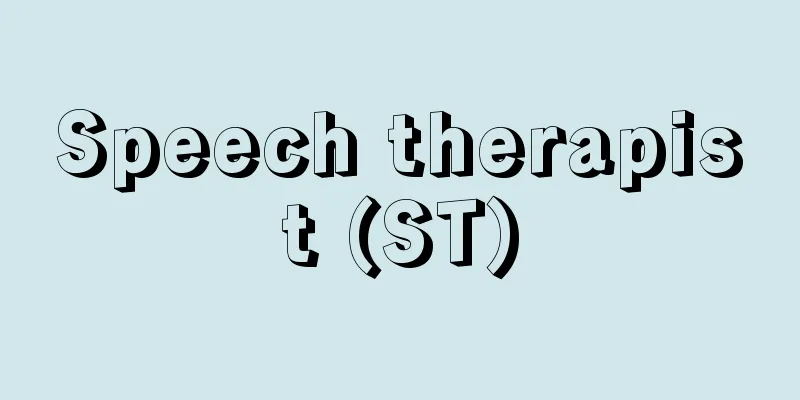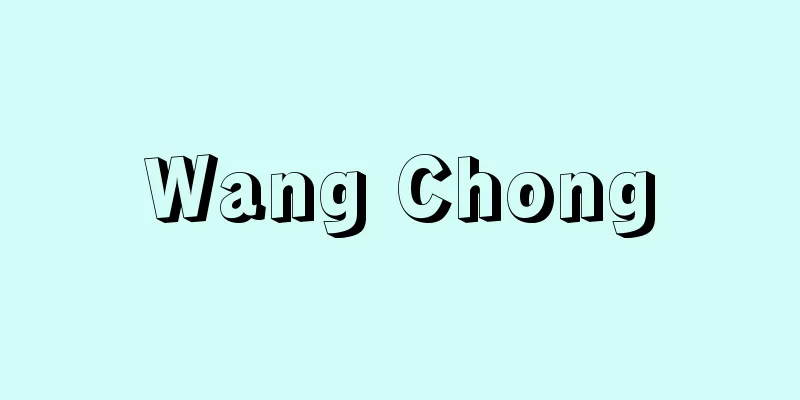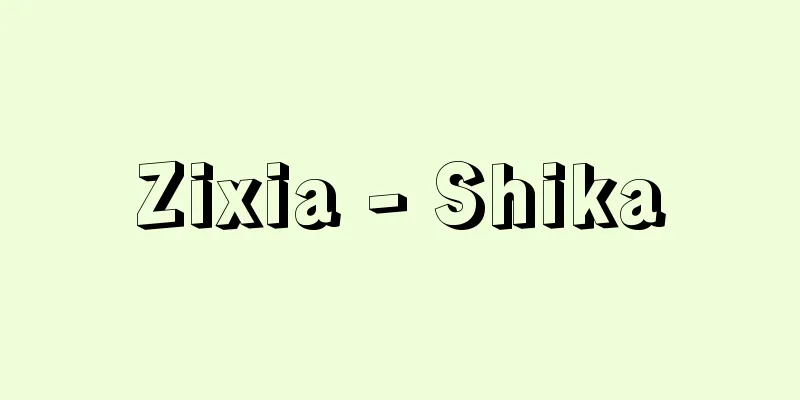Primitive communism
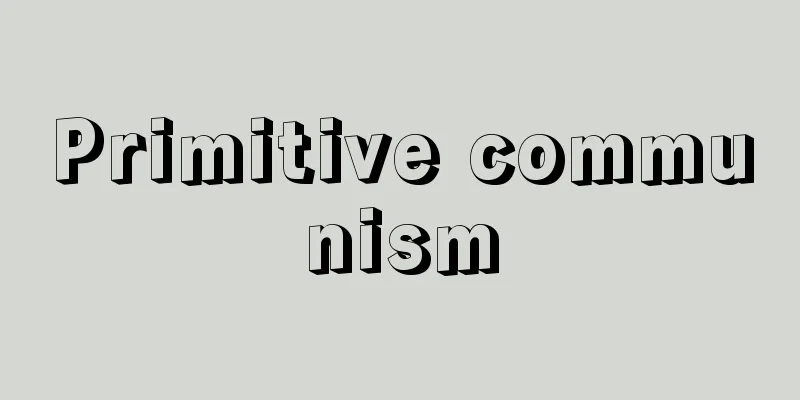
|
Communism is mainly a theoretical concept envisaged for the primitive age of humankind. The Enlightenment depicted an utopia without political oppression and economic inequality, and therefore without state or private property, as a world of free and isolated primitive people (Rousseau, Discourse on the Origin of Inequality among Men, 1753). After the mid-19th century, land-sharing village communities in Russia and Germany were studied and considered to be relics of the primitive communist systems of the Slavic and Germanic peoples. Furthermore, due to the naive evolutionary view of history at the time, Indian village communities were identified with the societies that European nations had at the starting point of their historical development. Thus, it came to be believed that human history began not with isolated people, but with communist communities sharing land. Initially, this community was considered to be a tribal group that was an extension of the patriarchal family, and therefore equality was only between the heads of the household, and was accompanied by the subjugation and slavery of women. However, Lewis Morgan (1877) argued that tribes appeared before families, and that lineage was originally matrilineal, and thus the primitive society was considered to be a completely free and equal society that knew neither subjugation of women nor slavery. It is communist in that it has the principles of sharing the means of production, equal distribution of products, working according to ability and receiving as needed, and no one is subjugated to anyone else, but while the communism envisioned by Marxism in the future is premised on abundant productive power due to the development of large-scale industry, this is primitive in that individuality is not yet established and is submerged in the community, whereas in the future it is a union in which free individuals consciously combine their power. Many of the factual findings that formed the empirical basis of this theory are now doubted. However, since humanity began history with some kind of group or society, and exploitation cannot exist in absolute poverty, the theory of primitive communism is still valid. [Kumano Satoshi] Source: Shogakukan Encyclopedia Nipponica About Encyclopedia Nipponica Information | Legend |
|
主として理論的に人類の原始時代に想定されている共産主義。政治的抑圧と経済的不平等のない、したがって国家と私有財産のない理想郷は、啓蒙(けいもう)思想によって、自由で孤立した原始人の世界として描かれた(ルソー『人間不平等起源論』1753)。19世紀なかばを過ぎると、ロシアやドイツの土地を共有する村落共同体が研究され、それらはスラブ人、ゲルマン人の原始共産制の遺制と考えられた。またインドの村落共同体も当時の素朴な進化論的歴史観によって、ヨーロッパ諸国民が歴史発展の出発点にもっていた社会と同一視された。こうして人類史は、孤立人ではなく土地共有の共産主義的共同体をもって始まると考えられるようになった。当初この共同体は家父長制的家族の拡大した種族団体で、したがって平等といっても家長たちの間のことで、婦人の隷属と奴隷制が付随するものとされていたが、ルイス・モーガン『古代社会』(1877)によって、種族は家族より早く現れ、しかも血統はむしろ母系を本源的なものとすると主張され、かくて原始制は婦人の隷属も奴隷制も知らないまったく自由で平等な社会とされた。それは生産手段の共有、生産物の平等な分配、能力に応じて働き必要に応じて受け取る原則をもち、だれも他人に隷属していない点で共産主義的であるが、マルクス主義が未来に展望する共産主義が大工業の発展によるあり余る生産力を前提するのに対し、ここでは搾取の可能性さえない生産力の低さを基礎とし、また未来では自由な諸個人がその力を自覚的に結合する連合であるのに対し、ここでは個人格は未成立で共同体へ埋没している点で原始的である。この理論の実証上の基礎となった事実認識の多くは今日では疑われている。しかし人類はなんらかの群・社会をもって歴史を始めたこと、絶対的貧困には搾取が成立しないことから、原始共産制の理論はなお有効である。 [熊野 聰] 出典 小学館 日本大百科全書(ニッポニカ)日本大百科全書(ニッポニカ)について 情報 | 凡例 |
>>: Atomic absorption analysis
Recommend
Kinbaizasa (Golden Plum Bamboo) - Curculigo orchioides
A perennial herb of the family Araceae. It is foun...
Near reflex
…The pupil is a small opening in the center of th...
Tarraco
…Population: 109,112 (1981). Located on a hill ov...
Kigoke - Kigoke
This arborescent lichen grows on rocks along roads...
Seniority-based labor-management relations
Seniority is the overall system of personnel treat...
Shuzeiryo - Shuzeiryo
An office under the Ritsuryo system that belonged ...
Tokushima Plain - Tokushima Heiya
An alluvial plain in the middle and lower reaches...
Gheorghe Lazǎr
1779‐1823 Romanian educator. Born in Abrigu, Trans...
Mosque of Suleiman the Magnificent - Mosque of Suleiman the Magnificent (English name) Süleymaniye Cami
This mosque is located in Istanbul. It was built b...
Morioka [city] - Morioka
A city in central Iwate Prefecture. It was incorpo...
Lamprotornis
...This genus is classified into about 24 species...
External causes of death - Gaiinshi
Death due to external causes such as trauma, poiso...
Ota Inumarumyo - Ota Inumarumyo
One of the myoden fields used as a collection unit...
Ashigara Pass
A pass on the border between Minamiashigara City,...
Ehrlich's side chain theory
…During this time, he achieved great success by d...

